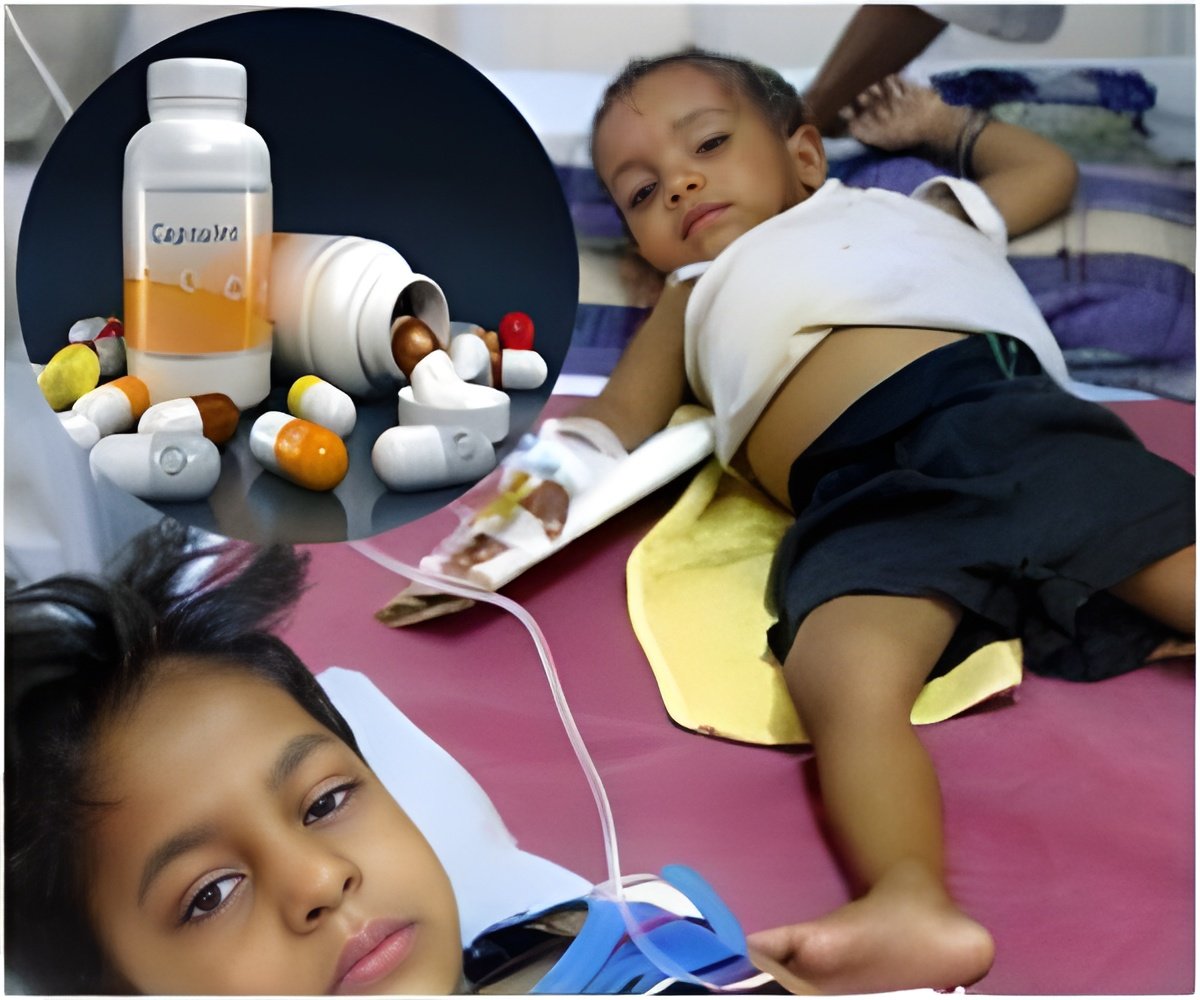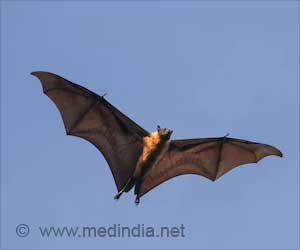After widespread flooding in Mozambique, death toll due to the outbreak of cholera epidemic has climbed to 28, said the government on Monday.

"We are particularly concerned by the (situation in the) city of Tete where we are seeing an upsurge in new cases with an average of 70 admissions per day," Benigna Matsinhe, a deputy director in the health ministry, told reporters.
Tete lies in northern Mozambique near the borders with Malawi and Zimbabwe.
Mozambique regularly suffers outbreaks of cholera and diarrhoea during its summer rainy season which runs between October and March.
But heavy rains and floods that lashed the country between December and January, killing 158 people and affecting 170,000, have hastened the spread of cholera.
Some 650 schools were destroyed by the high waters, and authorities estimate $1.5 million (1.3 million euros) will be needed to rebuild classrooms in the hardest-hit Zambezia province alone.
Advertisement
Source-AFP











